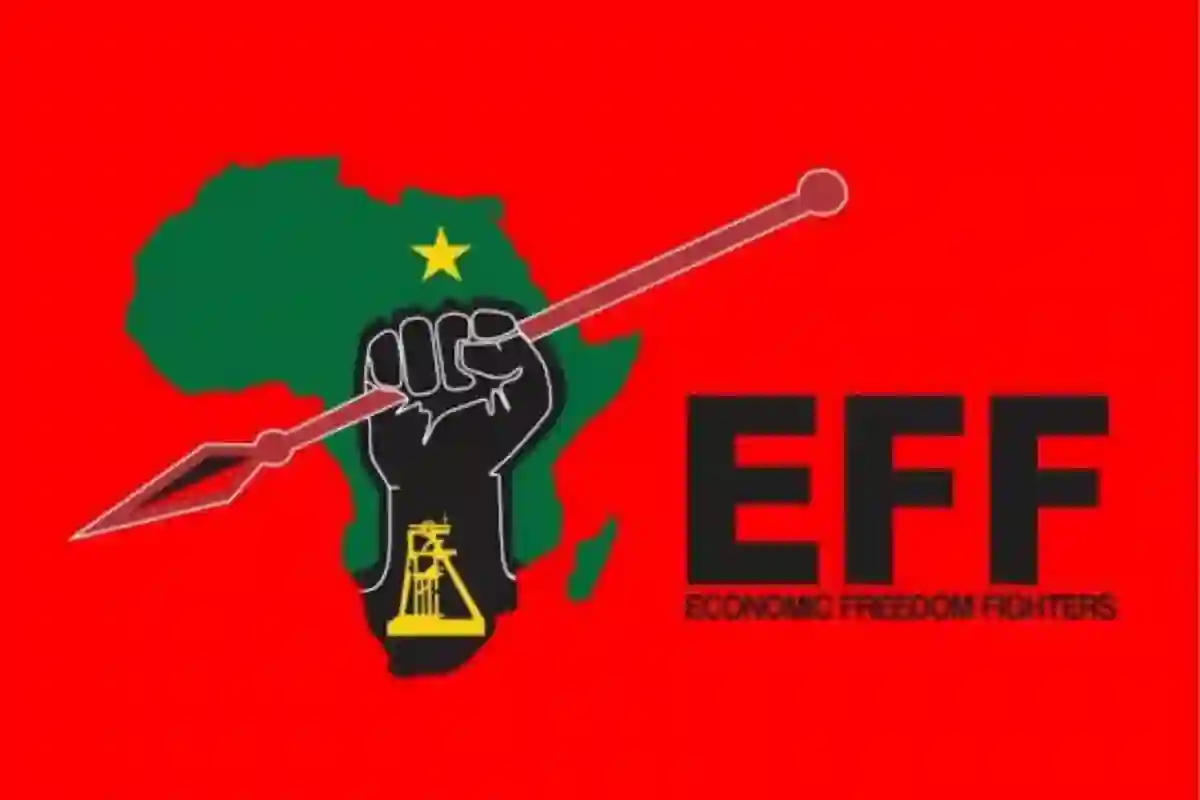Recent harrowing images have emerged, capturing the desperate scenes of Palestinians lining up along the beaches, anxiously waiting for humanitarian aid amidst Israeli strikes and the looming threat of an invasion of Rafah.
This unfolding situation has triggered widespread concern and shed light on the dire circumstances faced by the Palestinian population.
The Israeli Perspective:
Israeli Prime Minister Benjamin Netanyahu acknowledged the possibility of a delay in the military offensive on the southern Gaza city through a potential ceasefire deal.
However, he asserted that total victory would be only ‘weeks away’ once the invasion commences.
Against this backdrop, heartbreaking photos depict hundreds of Palestinians, including children, congregating on a beachfront in Gaza City, symbolizing the profound desperation felt by the Palestinian people.
Humanitarian Crisis Amid War:
As the conflict intensifies, reports indicate that Palestinians are grappling with severe shortages and challenges.
The war has disrupted the flow of essential supplies, with Palestinians resorting to making bread from animal fodder and facing difficulties accessing or affording baby formula.
The grim reality is exacerbated by a significant decrease in the daily influx of aid trucks, underlining the severity of the humanitarian crisis.
Human Toll and the Road Ahead:
The toll on human lives has been staggering, with almost 30,000 Palestinians reported killed, according to the Hamas-run Health Ministry.
The conflict traces back to the incursion by Hamas terrorists into Israel, resulting in the loss of 1,200 lives.
Amidst talks of an offensive in Rafah, Netanyahu hinted at a ceasefire deal in progress, with details yet to be disclosed.
Reports suggest mediators working on an agreement encompassing a ceasefire and the release of hostages held in Gaza and Palestinians imprisoned by Israel.
International Concerns and Negotiations:
The international community is closely monitoring the situation, with humanitarian groups warning of a potential catastrophe in Rafah, the primary entry point for aid.
Allies, including the United States, emphasize the need for Israel to avoid harming civilians.
Netanyahu, while considering plans for expanding the offensive, assures the evacuation of civilians and hints at an impending Cabinet meeting to approve operational plans for action in Rafah.
The United States’ Stance:
US national security adviser Jake Sullivan emphasizes that President Joe Biden has not been briefed on the Rafah plan.
Sullivan asserts that the operation should not proceed unless there is a concrete plan to protect civilians.
The delicate balance between military objectives and safeguarding civilian lives remains a focal point of international discussions.
Escalation of Conflict in Northern Gaza:
Heavy fighting continues in parts of northern Gaza, the initial target of the offensive. Residents report days of intense battles, highlighting the challenges faced by those caught in the crossfire.
The Zaytoun neighborhood of Gaza City, in particular, has witnessed severe bombardment, leaving residents trapped and struggling for basic necessities.
UN’s Warnings and Challenges:
The United Nations, through its agencies, has expressed concerns about the dire situation in Gaza. The World Food Programme suspended deliveries to northern Gaza, exacerbating the challenges faced by the residents.
Philippe Lazzarini, commissioner general of the UN agency for Palestinians, underscores the difficulties in delivering food aid to northern Gaza, citing denied requests.
Ceasefire Negotiations and Unofficial Deadlines:
Efforts towards a ceasefire deal are underway, with mediators working on an agreement that includes the release of hostages and prisoners.
The proposed six-week pause in fighting aims to facilitate aid deliveries into Gaza and provide a window for further negotiations. Unofficial deadlines, tied to the start of the Muslim holy month of Ramadan, add a sense of urgency to the negotiations.
Hamas’s Conditions and Netanyahu’s Stance:
Hamas, not directly involved in the latest proposal, maintains its stance that it will not release hostages until Israel ends its offensive and withdraws its forces.
Additionally, Hamas demands the release of hundreds of Palestinian prisoners, including senior militants, a condition rejected by Netanyahu.
The complexity of the negotiations underscores the challenges in reaching a comprehensive and lasting resolution to the conflict.
World News
